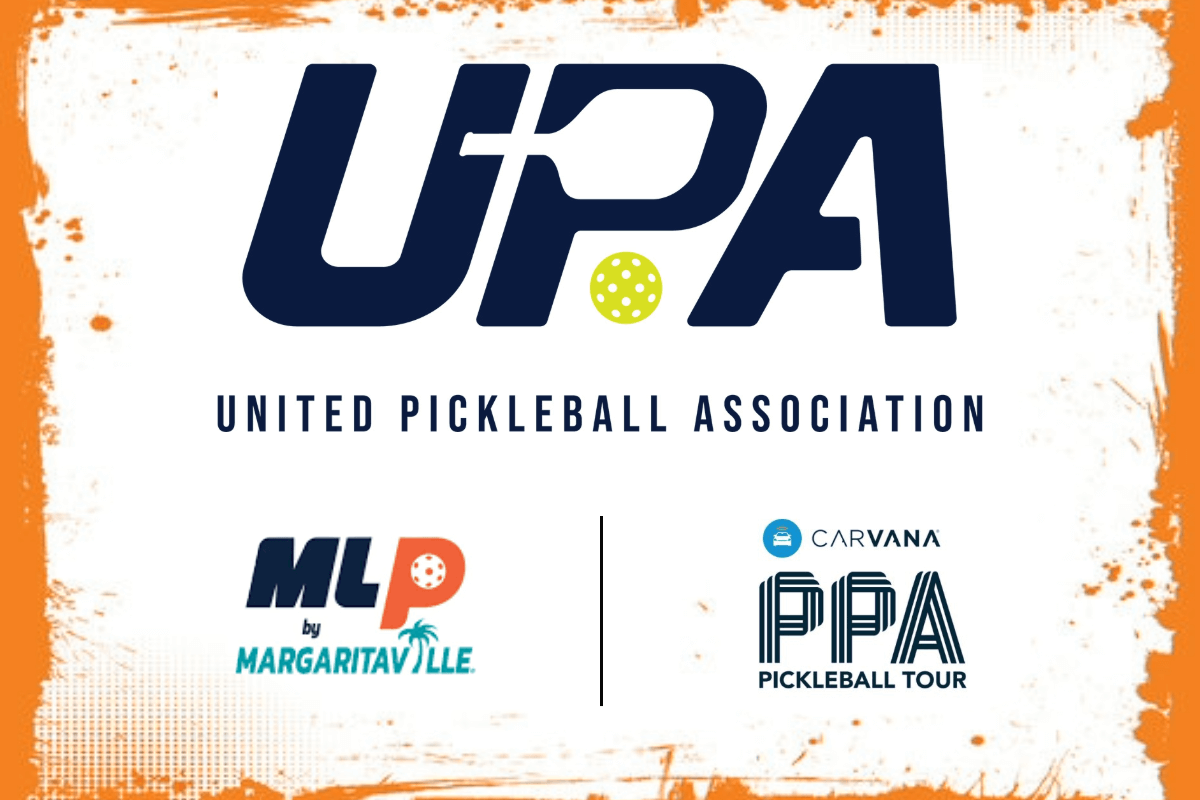Why Selkirk’s Boomstik Is Dominating the Pickleball Market – A Manufacturer’s Perspective
Discover why Selkirk’s Boomstik is dominating the pickleball market. A manufacturer’s deep dive into its foam core technology, hybrid face, and perimeter design — and how brands can create similar high-performance paddles.











